The Wall Street Journal may be violating the privacy rights of its users by disclosing their personally identifiable information, including a record of every Wall Street Journal video they watch, to third parties without their written consent. If you’ve watched videos on The Wall Street Journal website using a web browser, like Chrome, Bing, or Firefox, you may qualify for a claim under video privacy laws of up to $2,500. The claim alleges that Wall Street Journal subscribers who watched videos on the WSJ website had their video watching history with Wall Street Journal shared with Facebook without written consent.
This is a case about data privacy. We allege that The Wall Street Journal is violating the privacy rights of its users that watch Wall Street Journal videos by disclosing its users’ personally identifiable information, including the videos they watch, to third parties without obtaining separate consent from users. We allege that this combination of information can be used to identify individual subscribers and their entire viewing history. We are representing clients in individual arbitration claims against Wall Street Journal for violating the Video Privacy Protection Act, which awards damages of up to $2,500 per violation, as well as additional state consumer protection and privacy laws.

